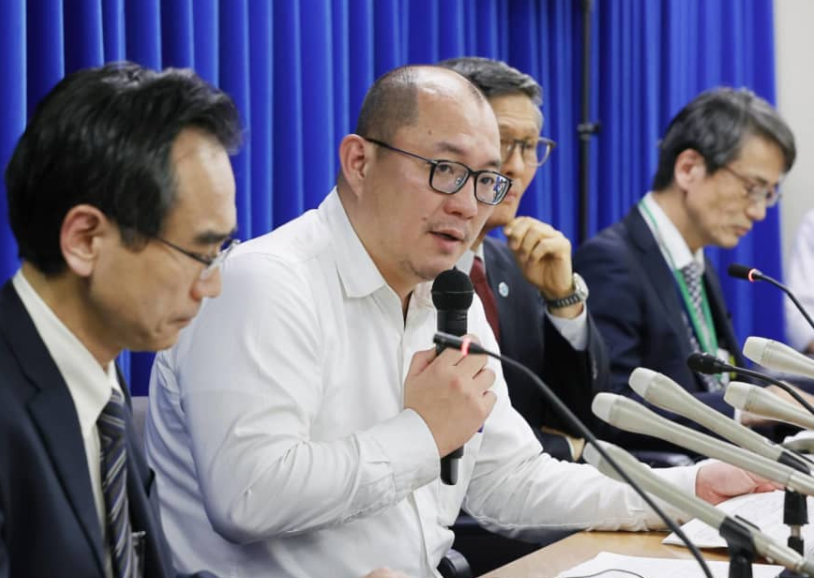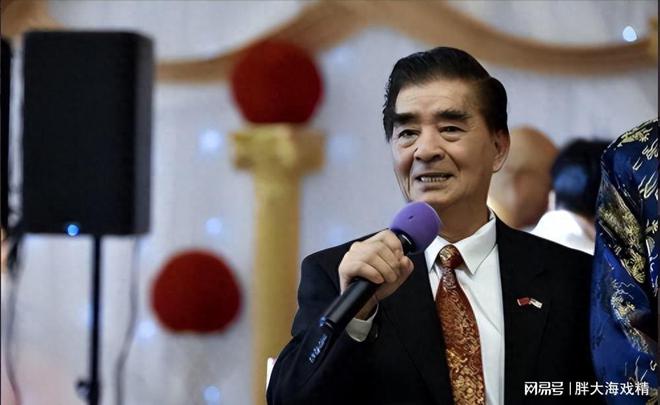柯文哲保释后需遵守相关规定,不得接触与其案件相关的80多位证人,以确保司法程序的公正进行。此事件涉及柯文哲及其与证人的接触限制,具体细节和后续进展尚待进一步报道和披露。摘要字数控制在100-200字以内。
柯文哲保释后的策略调整:数据导向实施策略与接触限制的挑战
Recently, the news about Ko Wen-je's bail release has attracted public attention. As the situation unfolds, it's noteworthy that one of the conditions set by the court is his limited contact with over 80 witnesses. This condition presents a unique challenge for him as he moves forward with implementing his strategies, especially with a data-driven approach.
After being released on bail, Ko Wen-je's next steps are crucial. With the court's ruling limiting his contact with witnesses, he must navigate a delicate balance between respecting the legal constraints and effectively carrying out his duties. This is where a data-driven strategy comes into play.
Data-driven strategies are all about making informed decisions based on facts and figures, rather than assumptions or personal biases. Ko Wen-je can use this approach to gather and analyze information from various sources, including social media, public opinion surveys, and other reliable data sets. By analyzing these data, he can gain insights into public sentiment, identify key issues, and understand the needs of his constituents. This information can help him formulate policies and plans that are more targeted and effective.
However, the limitation on contacting witnesses can pose a challenge to this strategy. Without direct contact with these witnesses, Ko Wen-je may have difficulty getting firsthand information or understanding the specific circumstances surrounding certain issues. To overcome this challenge, he can consider several options:
1、Leverage technology: With the help of technology, he can conduct remote interviews or use other digital tools to gather information from witnesses without having to meet them in person.
2、Seek alternative sources: He can explore other sources of information, such as experts in the field or reliable third-party reports, to gain a broader understanding of the issues at play.
3、Collaborate with teams: By working closely with teams of researchers or analysts, Ko Wen-je can pool their knowledge and insights to help him make informed decisions even without direct contact with witnesses.
Despite these challenges, Ko Wen-je's commitment to a data-driven strategy is crucial in ensuring that his decisions are based on solid evidence and not just personal opinions or preferences. This approach can help him gain the trust of his constituents and build a reputation for making rational and informed decisions.
Moreover, the limitation on contacting witnesses also provides an opportunity for Ko Wen-je to demonstrate his leadership skills and ability to work within the constraints set by the court. By effectively navigating these challenges and adapting his strategies accordingly, he can still make significant progress and achieve positive outcomes despite the setbacks.
In conclusion, Ko Wen-je faces several challenges after his bail release, especially with the court's ruling on contact with witnesses. However, by adopting a data-driven strategy and adapting to the new constraints, he can still make informed decisions and move forward effectively. His ability to navigate these challenges will be a test of his leadership and commitment to serving his constituents.




 浙ICP备2023031961号-8
浙ICP备2023031961号-8 浙ICP备2023031961号-8
浙ICP备2023031961号-8
还没有评论,来说两句吧...